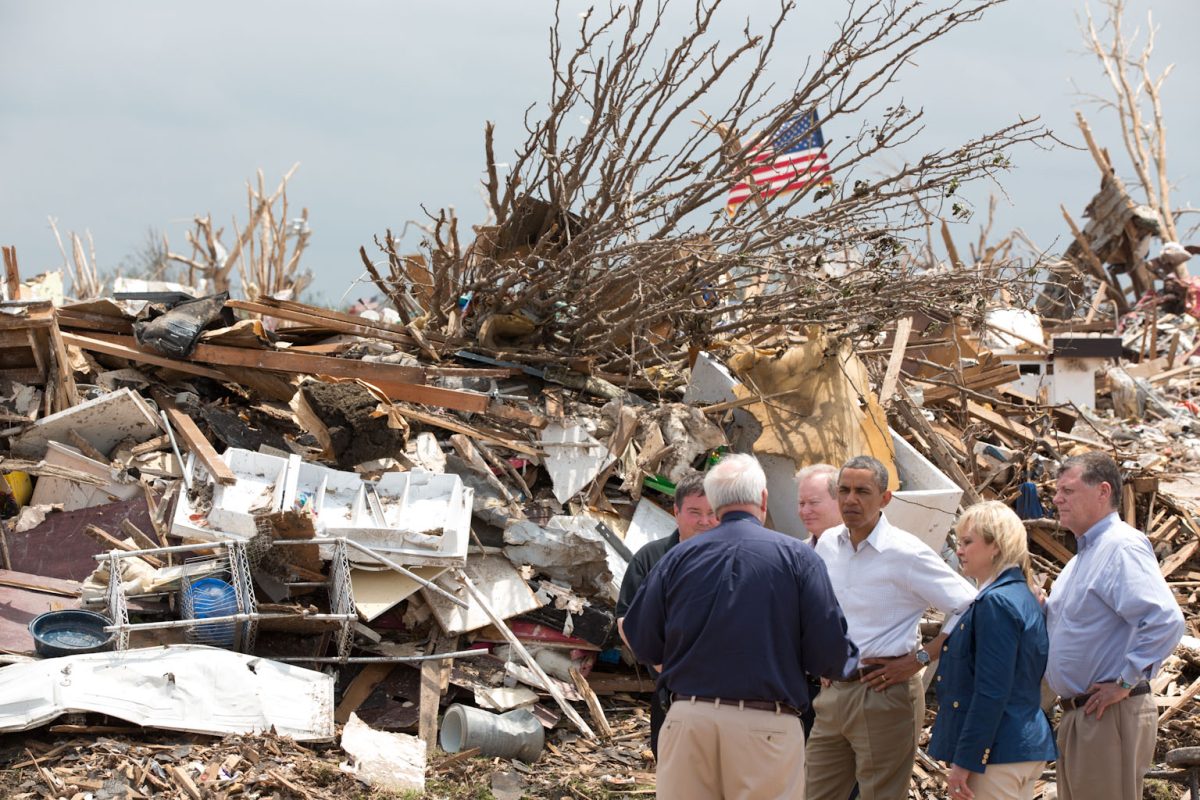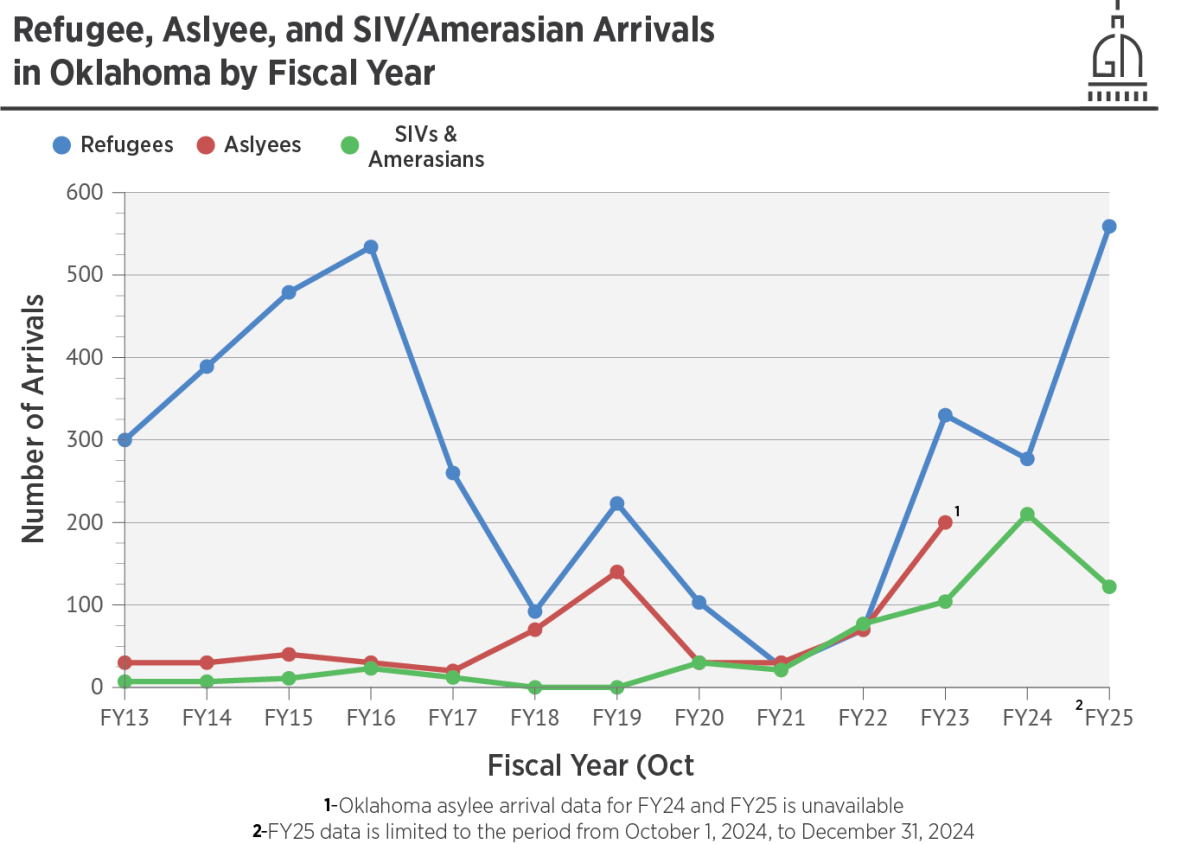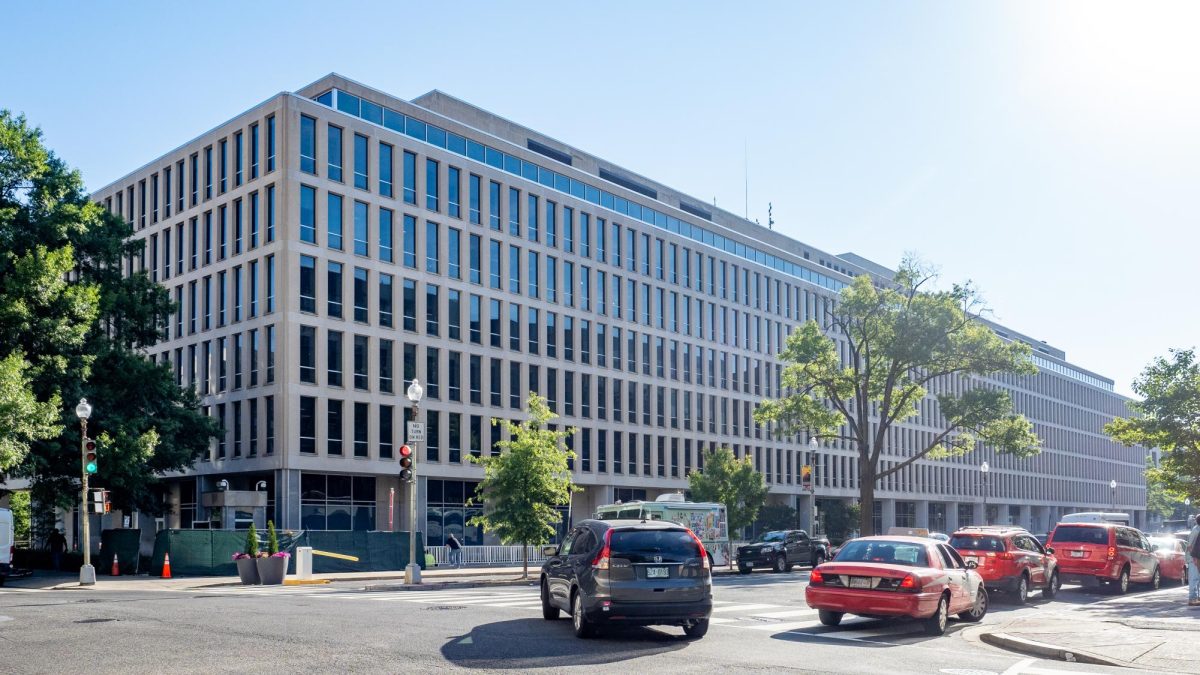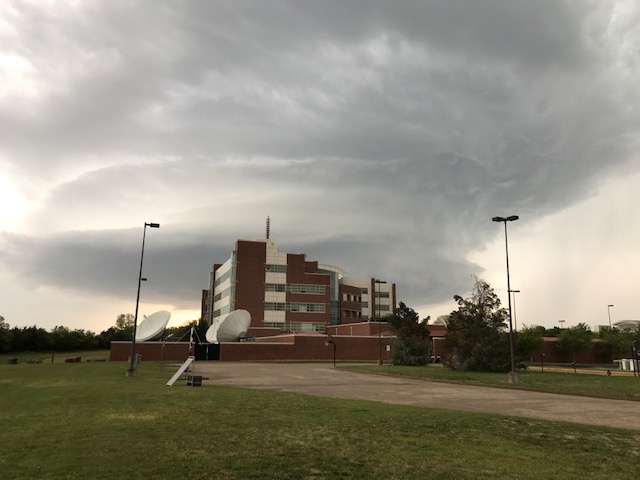WASHINGTON – A sweeping restructuring of FEMA, the federal government’s main disaster agency, could be on tap when Congress returns from its July 4 recess, an outcome for Oklahoma that could redefine what disaster recovery looks like in a state long dependent on federal assistance.
But two of Oklahoma’s most senior members of its Congressional delegation, U.S. Rep. Tom Cole, chairman of the House Appropriations Committee and U.S. Sen. James Lankford are urging the council to consider long-term impacts before finalizing its proposed overhaul.
The city of Moore is an Oklahoma case study in why FEMA matters – after an EF5 tornado in May 2013 killed 24 people, leveled entire neighborhoods and caused more than $2 billion in damage. An official with Moore’s community development agency said the city wouldn’t be the same without FEMA’s support.
“We need to be careful about not throwing the baby out with the bathwater,” said U.S. Rep. Tom Cole, a Moore resident and chair of the House Appropriations Committee.
While Lankford cautioned the White House in a letter: “Given our experience with natural disasters, I respectfully request that the Council solicit feedback from emergency management leaders in Oklahoma,”
Since 2020, FEMA has paid Oklahoma victims about $447 million, said Keli Cain, a spokesperson for the Oklahoma Department of Emergency Management. In just 2024, approximately $13 million in direct federal assistance was given to Oklahoma. And following the March 2025 wildfires, FEMA opened disaster recovery centers across seven counties.
Trump’s FEMA Review Council has voices from hurricane coastlines and floodzones, but none from Tornado Alley- where disasters move fast and without warning.
This council was ordered by President Trump to evaluate the disaster agency’s long-term role in national disaster response and whether greater responsibility should shift to states.
The council could accelerate efforts to reduce federal reimbursement rates and dismantle programs that have long been considered essential in situations of emergency. The argument is often framed as empowering local control- but it could carry major financial and logistical implications.
The council consists of five Republicans and two Democrats, along with six federal and state emergency management officials.
Kristi Noem, co-chair of the council and Homeland Security department secretary, addressed Oklahoma’s absence, saying she asked Gov. Kevin Stitt for “insight and wisdom” in the first meeting on May 20 during which the council discussed their goals to streamline the agency while addressing it’s recent delays to respond in North Carolina and Florida. Stitt’s office did not respond to whether it had offered the information sought by the committee.
But Trump doesn’t appear to be satisfied with the goal of streamlining.
On June 10, Trump gave the most detailed response to the reforms yet. “We’re moving it back to the states, so the governors can handle. That’s why they’re governors,” Trump told reporters in the Oval Office. “If they can’t handle it, they shouldn’t be governor.”
Lankford, of Oklahoma City, supports reform but emphasizes continuity, saying too many agencies have responsibilities under the federal disaster framework and major reforms are necessary to ensure Americans are best supported in times of need.
In the letter, the senator said Trump should consider eliminating non-emergency response duties, including the U.S. Department of Commerce, among several others, that are bogging down efficiency.
Lankford has introduced four bills to build on Trump’s effort to address FEMA issues: cutting red tape on unnecessary environmental and historic preservation review requirements, creating a pilot program for communities applying directly for property acquisitions, creating readiness and resilience measures and prohibiting discrimination based on political affiliation in federal disaster relief.
Sen. Markwayne Mullin (R,Westville) emphasized his belief in local leadership over federal intervention regarding disaster response to Hurricane Helene on Fox Business’ The Bottom Line, “It’s not FEMA that’s going to respond, it’s the local people.” Those waiting on the government to act in a disaster could be waiting indefinitely, he said.
But last June, he said federal financial assistance is imperative in times of need when he visited tornado-wrecked Claremore.
And while Cole, a resident of Moore, agreed FEMA needs reform, he defined the agency as instrumental in recovering every disaster he’s seen.
“When state and local resources are exhausted, we do rely on FEMA to bring additional capabilities that save residents, remove debris and help our fellow citizens rebuild,” Cole said.
During the hearing, Cole reminded Noem that the Appropriations Committee was looking forward to receiving a plan from the administration about how the grants will be reinstated.
For many survivors and local officials, imagining a response without federal support is not just hypothetical.
“This isn’t a partisan issue. It’s one that concerns states, regardless of politics,” Cole said.
Gaylord News is a reporting project of the University of Oklahoma Gaylord College of Journalism and Mass Communication. For more stories by Gaylord News go to GaylordNews.net.








